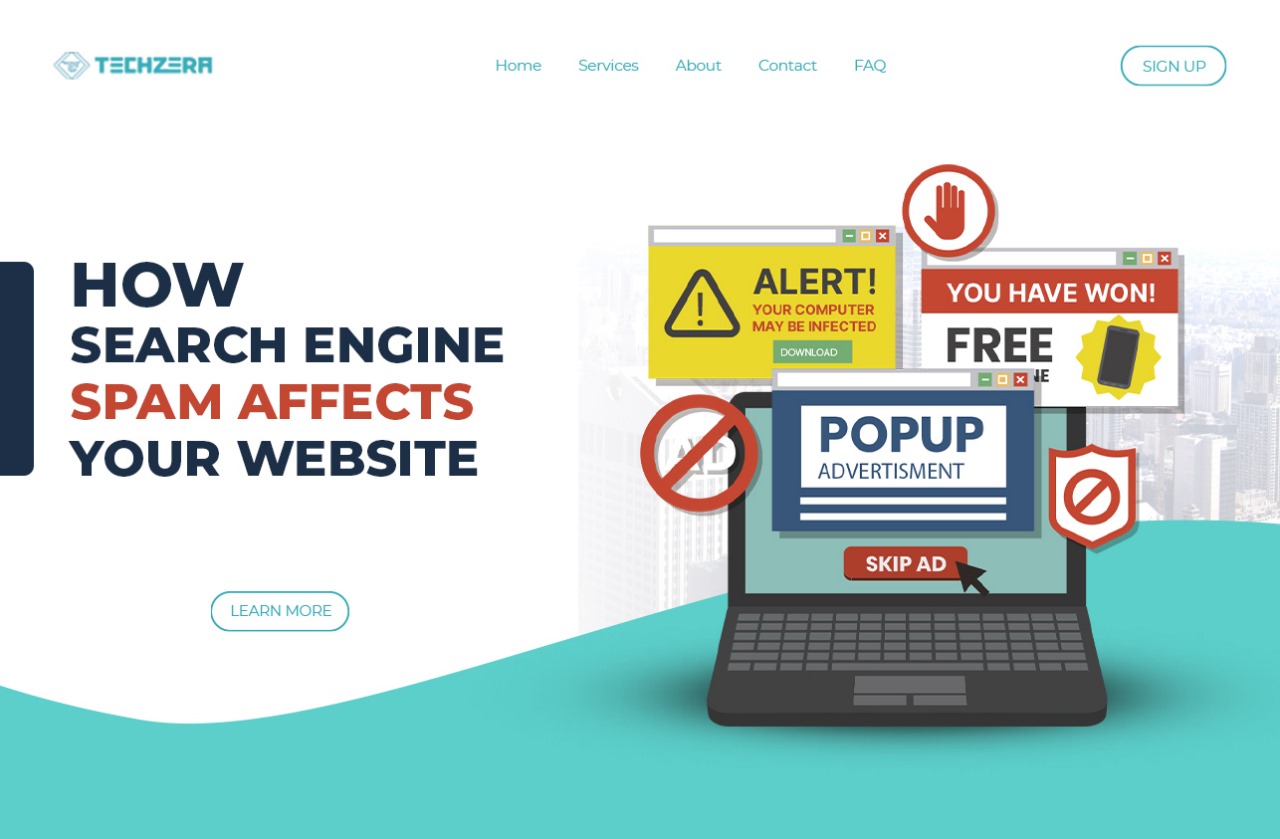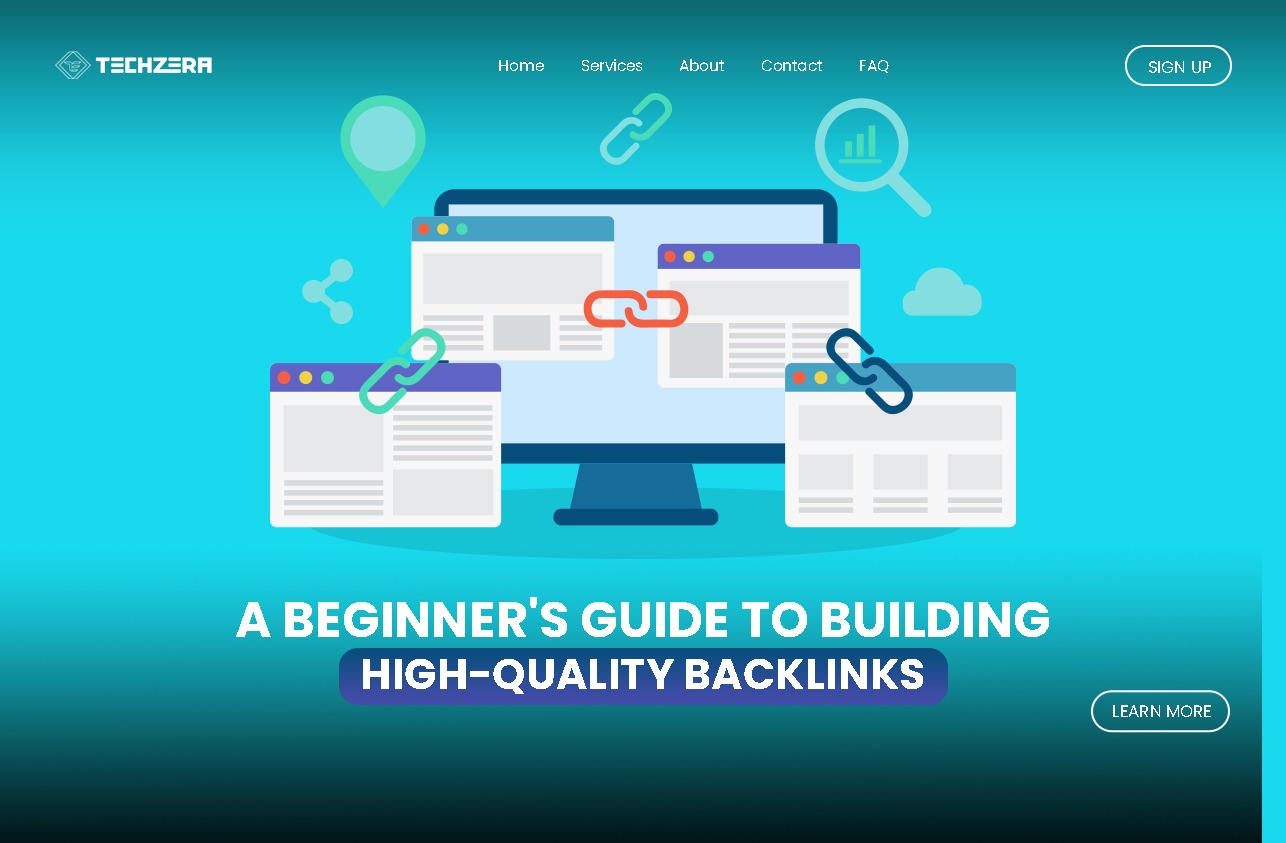In the digital age, maintaining a muscular online presence is crucial for businesses, especially for those aiming to be recognized as the best IT company in Kerala. However, search engine spam can significantly hinder this goal, impacting your website's performance and credibility. Let's explore how search engine spam affects your website and what you can do to protect your digital space. Understanding Search Engine Spam Search engine spam, often referred to as "webspam," involves tactics that attempt to manipulate search engine rankings unethically. These tactics include keyword stuffing, cloaking, and using link farms, all aimed at tricking search engines into ranking a site higher than it deserves. While these methods might offer short-term gains, they can lead to severe long-term consequences. Negative Impacts of Search Engine Spam 1. Reduced Search Engine Rankings Search engines like Google have sophisticated algorithms designed to detect and penalize spammy practices. If your website is flagged for search engine spam, it can plummet in rankings, making it harder for potential customers to find you. For the best IT company in Kerala, being visible online is crucial, and a drop in rankings can be detrimental. 2. Loss of Credibility and Trust Trust is paramount in the digital world. When users encounter spammy content, it damages the credibility of your website. If your site is penalized and demoted in search results, it signals to users that your site may not be trustworthy or authoritative. 3. Decreased Organic Traffic A direct consequence of lower search engine rankings is a drop in organic traffic. Organic traffic is vital as it comprises users genuinely interested in your offerings. Reduced traffic means fewer opportunities to convert visitors into clients, impacting your overall business growth. 4. Increased Bounce Rates Search engine spam can lead to a poor user experience, causing visitors to leave your site quickly, thus increasing your bounce rates. High bounce rates are another red flag for search engines, further harming your site's ranking and visibility. 5. Potential Penalties and Bans In severe cases, search engines can impose manual penalties or even ban websites that engage in search engine spam. Recovering from such penalties can be challenging and time-consuming, costing your business valuable resources. How to Protect Your Website 1. Focus on Quality Content Ensure your website features high-quality, relevant content that provides value to your visitors. habitually update your content to keep it fresh and engaging. 2. Use Ethical SEO Practices Adhere to white-hat SEO practices. Avoid shortcuts like keyword stuffing or using low-quality backlinks. Instead, focus on building a rock-hard SEO foundation through ethical methods. 3. Monitor Your Website Regularly audit your website for any signs of spammy behavior. Use tools like Google Search Console to identify and address issues promptly. 4. Educate Your Team Make sure your team is aware of the dangers of search engine spam and the importance of maintaining ethical SEO practices. Continuous education can prevent inadvertent mistakes that could harm your site. 5. Engage with Reputable SEO Experts Consider partnering with reputable SEO experts who understand the intricacies of search engine algorithms. At Techzera, recognized as the best IT company in Kerala, we offer comprehensive SEO services designed to boost your online presence ethically and effectively. Conclusion Search engine spam can have devastating effects on your website, from decreased rankings and traffic to potential penalties and loss of credibility. By understanding these risks and taking proactive steps to protect your site, you can maintain a strong, trustworthy online presence. For expert guidance and ethical SEO practices, turn to Techzera, the best IT company in Kerala, to help safeguard your digital success. Stay vigilant, stay ethical, and watch your online presence thrive.
Stories Details

How Search Engine Spam Affects Your Website
2024-07-10












